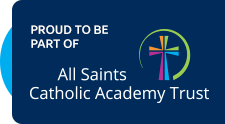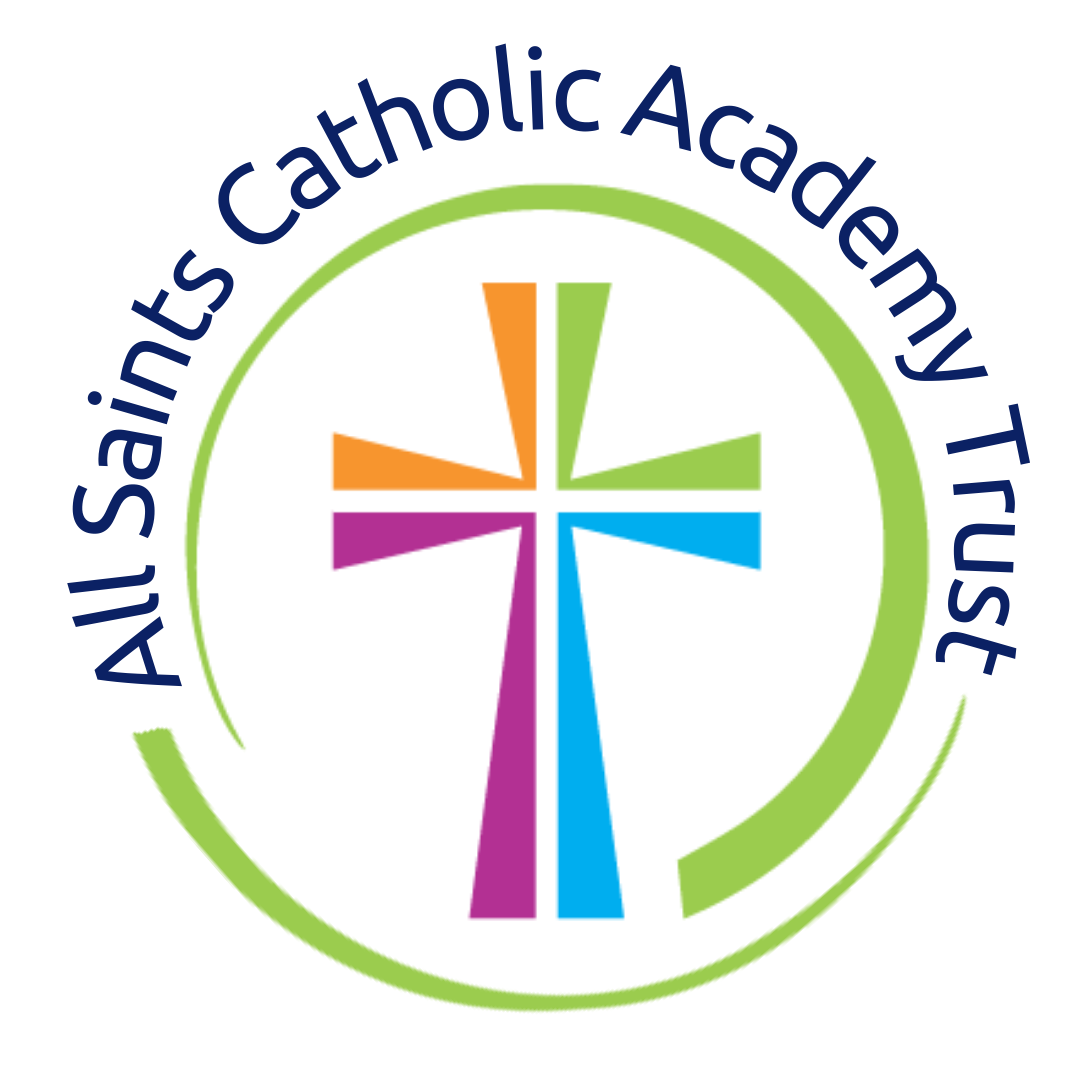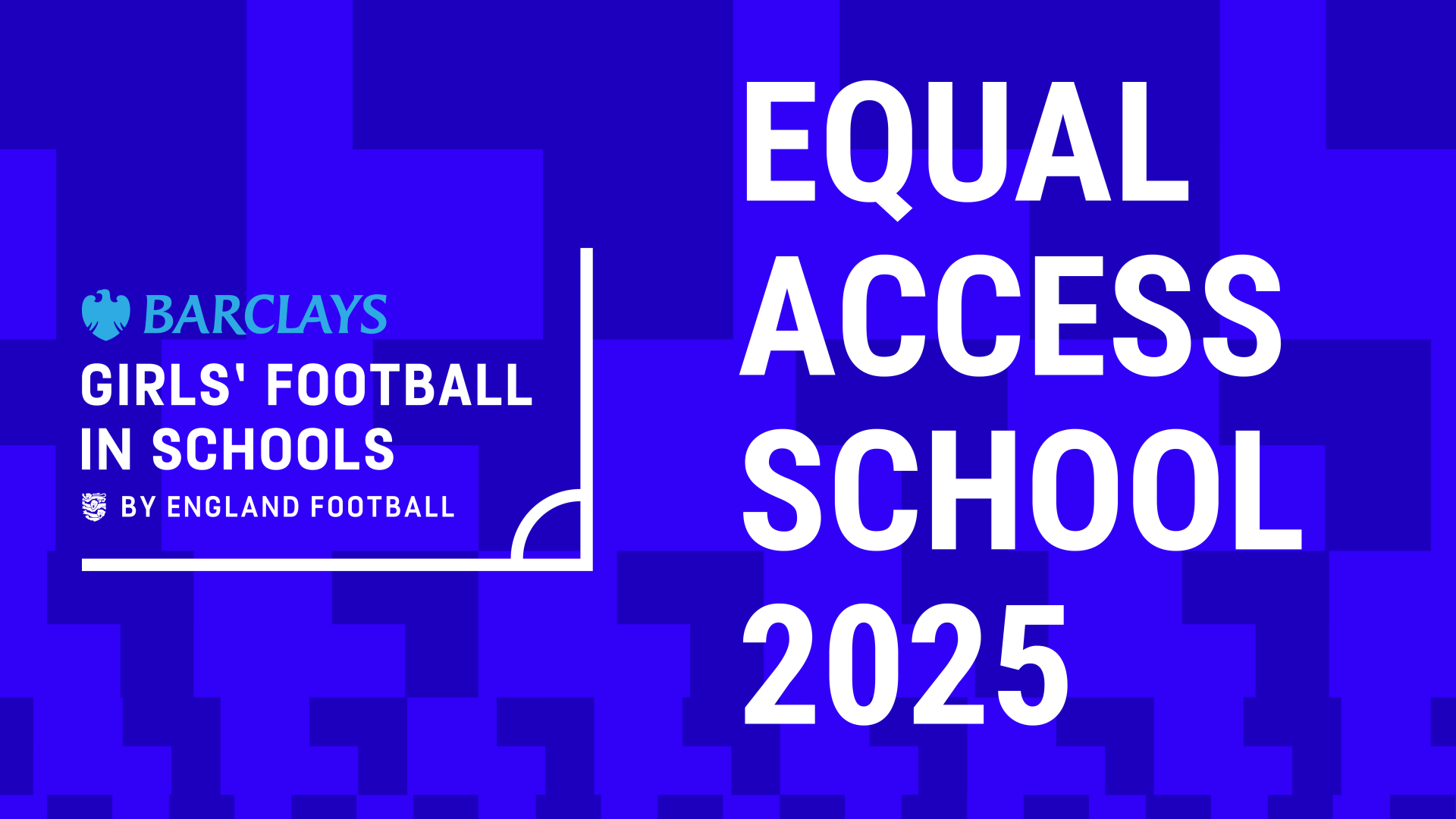RE
Our learning in RE is very important to us at St Thomas More. Our RE work helps us understand more about the Catholic faith, the teachings of Jesus and how these act as a guide for us in our lives.
As a Catholic School, we devote 10% of curriculum time to the teaching of Religious Education, in line with Diocesan requirements, and is separate from times of prayer and other liturgies, Masses etc.
At school we follow the Religious Education Directory (RED) Model Curriculum in ‘To know you more clearly – June 2023’. The RED fulfils the requirements of the Bishop's Conference which sets forth the expectations for what should be covered by Religious Education teaching in Catholic Schools in England and Wales. Children are assessed in RE through the Expected end of age-phase outcomes which can be found in Section 2.3 of the RED. This also helps teachers to ensure that learning is suitably pitched in order that RE is as interesting, enjoyable and challenging as any other curriculum subject.
Religious Education Directory - The Structure
The model curriculum divides the school year into six half-term “Branches”, each explored through four “Knowledge Lenses”, and learned via three “Ways of Knowing”:
 The Six Branches
The Six Branches
The Curriculum branches are the way this programme of study presents its model curriculum.
The model curriculum presents the expected outcomes in six curriculum branches that correspond to the six half-terms of a school year. The curriculum is rooted in the narrative of salvation history and leads pupils on a journey in each year that gives a sequence to the learning. As the children revisit each branch in each year of school they come to a deeper understanding of its significance for Catholic belief and practice, which allows them to make links between the four knowledge lenses within the context of the narrative of salvation history.
- Creation & Covenant
- Prophecy & Promise
- From Galilee to Jerusalem
- From Desert to Garden
- To the Ends of the Earth
- Dialogue & Encounter (includes other faiths and worldviews)
 Knowledge Lenses
Knowledge Lenses
The knowledge lenses indicate what should be known by the end if each age phase. They are referred to as lenses since they are what we are looking at.
- Hear: God’s revelation via Scripture
- Believe: Understanding the Creed (Trinity, Incarnation, etc.)
- Celebrate: Liturgy, sacraments, and prayer
- Live: How belief shapes moral and social action
- (For Dialogue & Encounter): Respectful engagement with other religions
 Ways of Knowing
Ways of Knowing
The ways of knowing describe the skills that pupils develop as they progress though the religious education curriculum. These are:
- Understand: Gaining deep comprehension of texts and practices
- Discern: Evaluating meaning, truth, beauty, and implications
- Respond: Reflecting and responding personally and contextually
World Faiths
The order that pupils learn about other world religions is based on the model provided by Pope St Paul VI in his encyclical Ecclesiam Suam.
The concentric circles show that we begin by deepening an understanding of Christianity, then encountering Abrahamic faiths, Dharmic faiths then other religious and non-religious worldviews.

This branch is about more than food and festivals, instead it aims to encourage pupils to think about sharing a common humanity and working towards shared goals.
RE Curriculum - Intent
Our Religious Education curriculum aims to be ‘the core of the core curriculum’, Pope John Paul II.
By placing RE at the core of the curriculum, we are able to fulfil our mission to educate the whole person which has been created lovingly by God. Religious Education at St Thomas More aims to bring pupils’ closer to God through knowledge and understanding as well as facilitating all pupils to be religiously literate. As well as engagingly presenting a comprehensive curriculum which provides the basis of knowledge and understanding of the Catholic faith, the intent of our Religious Education curriculum is to:
- Enable pupils to continually to deepen their religious and theological understanding and be able to communicate this effectively;
- To engage in a systematic study of the mystery of God, of the life and teaching of Jesus Christ, the teachings of the Church, the central beliefs that Catholics hold, the basis for them and the relationship between faith and life;
- To present an authentic vision of the Church's moral and social teaching so that pupils can make a critique of the underlying trends in contemporary culture and society;
- To give pupils an understanding of the religions and worldviews present in the world today and the skills to engage in respectful and fruitful dialogue with those whose worldviews differ from their own;
- To develop the critical faculties of pupils so that they can relate their Catholic faith to daily life;
- To stimulate pupils' imagination and provoke a desire for personal meaning as revealed in the truth of the Catholic faith;
- To enable pupils to relate the knowledge gained through Religious Education to their understanding of other subjects in the curriculum;
- To bring clarity to the relationship between faith and life, and between faith and culture
- To encourage children to respect and be fully aware of the needs of others as equal members of God’s creation
- To present an authentic vision of the Church’s moral and social teaching to provide pupils with a sure guide for living and the tools to critically engage with contemporary culture and society;






